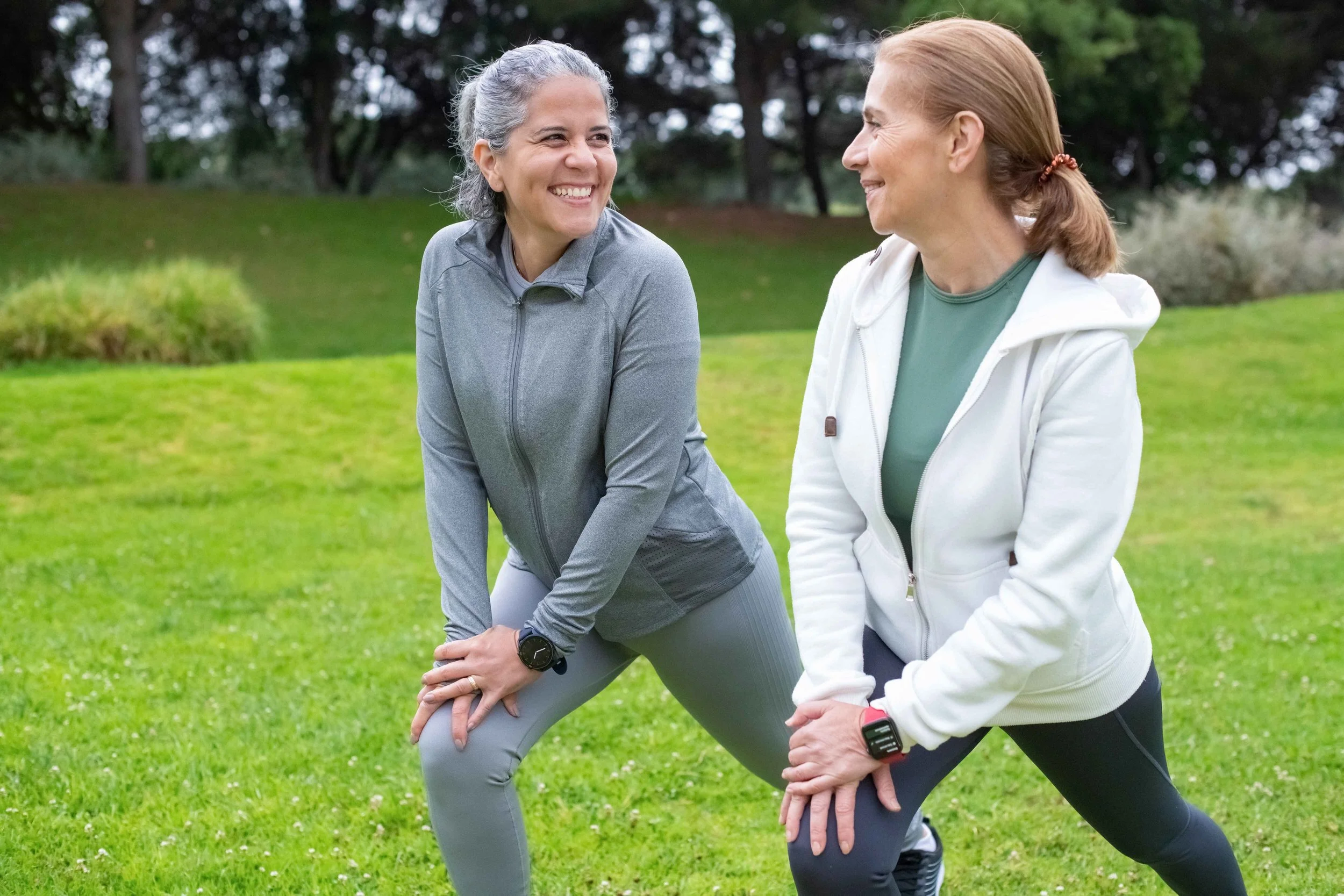How Does Exercise Improve Mental Health?
Mental Health Benefits of Exercise for Seniors
As we age, it becomes increasingly important to maintain physical health. Staying physically active can reduce your risk of falls, increase strength, and improve mobility. However, exercise also has a profound impact on mental well-being, especially for seniors. Regular exercise can work wonders for the mind, helping to boost your mood, lower anxiety, and improve your overall mental outlook.
How Does Exercise Affect Mental Health?
Exercise is a great way to improve mental health among seniors. There are many scientific studies demonstrating that regular physical activity can reduce stress and anxiety. In fact, many medical doctors and therapists recommend regular exercise as a part of mental health treatment.
In addition to reducing stress and anxiety, regular exercise benefits overall brain health. Exercising regularly stimulates the growth of new brain cells in key memory structures in the brain. It also improves connections between neurons, which can make you mentally sharper. In fact, regular physical activity can lower risk for conditions like Alzheimer’s disease and dementia. It’s never too late to start. Even small amounts of physical activity can make a big difference in your overall well-being.
How Does Exercise Improve Mood?
One of the most consistently observed benefits of exercise for mental health is its effect on mood. You may notice feeling happier or more content during or immediately following a bout of exercise. The main reason for this is that exercise releases endorphins. Endorphins are a class of brain chemicals that stimulate the brain’s pleasure centers. That’s right – exercise directly impacts your brain’s reward system.
In addition to boosting endorphins, exercising regularly has other benefits. You may feel a sense of accomplishment or self-confidence as you notice yourself getting stronger and more fit. You may also meet other people, such as in the Mighty Health community, boosting social connectedness. Those aspects of exercise also improve your mood beyond the initial endorphin boost.
How Much Exercise Do You Need to Improve Mental Health and Mood?
People often wonder how much exercise is the right amount for mental health and mood benefits. Does a single aerobics session make an impact? Do I need to train for months to notice a difference? The exact answer depends on the individual, because factors like age, fitness level, and overall health all play a role.
Experts generally recommend that adults aim to get at least 150 minutes of moderate-intensity aerobic activity per week. That works out to about 30 minutes, most days of the week. Moderate-intensity activity includes things like brisk walking, swimming, dancing, or gardening.
Older adults with more fitness experience could aim for 75 minutes of vigorous-intensity activity. This would include things like higher intensity aerobics classes, jogging or running, or cycling.
It’s also important to incorporate strength training into your workouts at least twice per week.
What Are the Best Types of Exercise for Mental Health?
The best types of exercise are the ones that you enjoy doing and can do consistently. That said, there are three main types of exercise to consider for improving mental health: aerobic exercise, strength training, and mind/body exercise.
Aerobic Exercise
Aerobic exercise can be as simple as walking. Simply put on some supportive shoes and go for a walk around your neighborhood. Getting out in nature has natural mood-boosting properties in addition to the boost from exercise. Swimming is another great option for low impact workouts. Swimming gets your heart pumping without placing stress on your joints.
Strength Training
Strength training is a great way for older adults to maintain muscle mass, bone density, and functional independence. It also helps to reduce stress and boost mood. In general, you should aim for two or more strength training sessions per week. Focus on major muscle groups like your legs, hips, back, chest, shoulders, and arms.
When getting started with strength training, it can be helpful to simply do body weight exercises. As you gain confidence and strength, you can increase the intensity by using light weights or resistance bands. Our Mighty Health workouts will focus on exercises that mimic daily movements. For example, squats, lunges, rows, and core exercises ensure that you can feel stronger as you go about your everyday activities. Our coaches will help you pay attention to form and alignment. This prevents injury and helps you to build strength in a safe, effective way.
Mind-Body Exercise
Mind-body practices combine gentle movements with deep breathing and mindfulness. This has proven mental health benefits, including relaxation, stress reduction, and improved mood. Consider mind-body practices such as yoga, stretching, and Tai Chi. Even if you have never done these practices before, they can be a great introduction to mind-body work. Plus, they incorporate flexibility and balance practice, which can reduce risk of falling. Our Mighty Health workout library has numerous videos for all experience levels. If you are new to mind-body practice or have physical limitations, chair yoga can be a great way to get started and connect with your breath.
Mood Boosting Workouts with Mighty
If you don’t have a lot of exercise experience, start with our beginner-friendly Mighty Health workouts and build from there. We’ll match you with a personal health coach who can give you individualized advice about exercise. This is particularly important for older adults with physical limitations, as careful consultation is important to create a safe and personalized exercise plan. We will help you at every step of the way, including developing a workout plan, building strength, and noticing improvements in your mental health.


